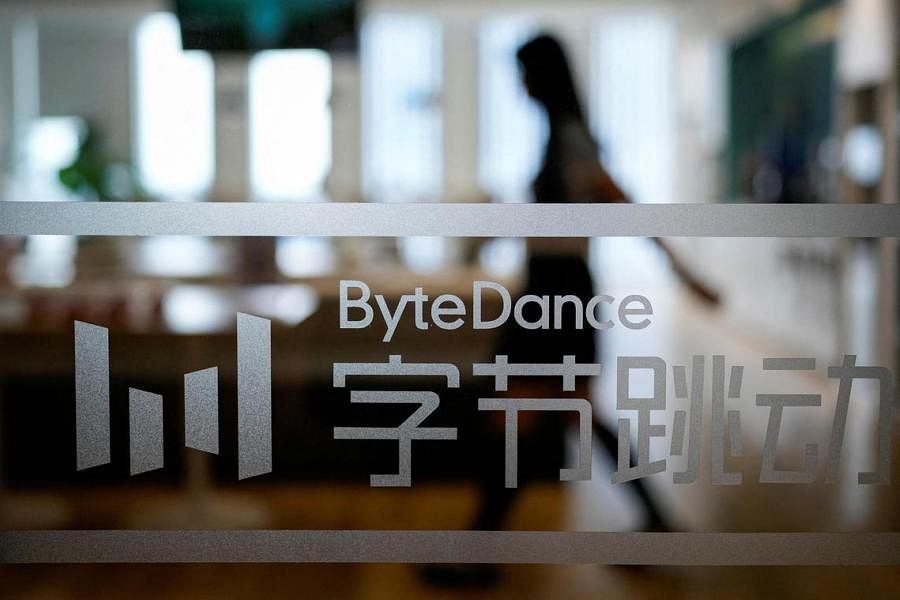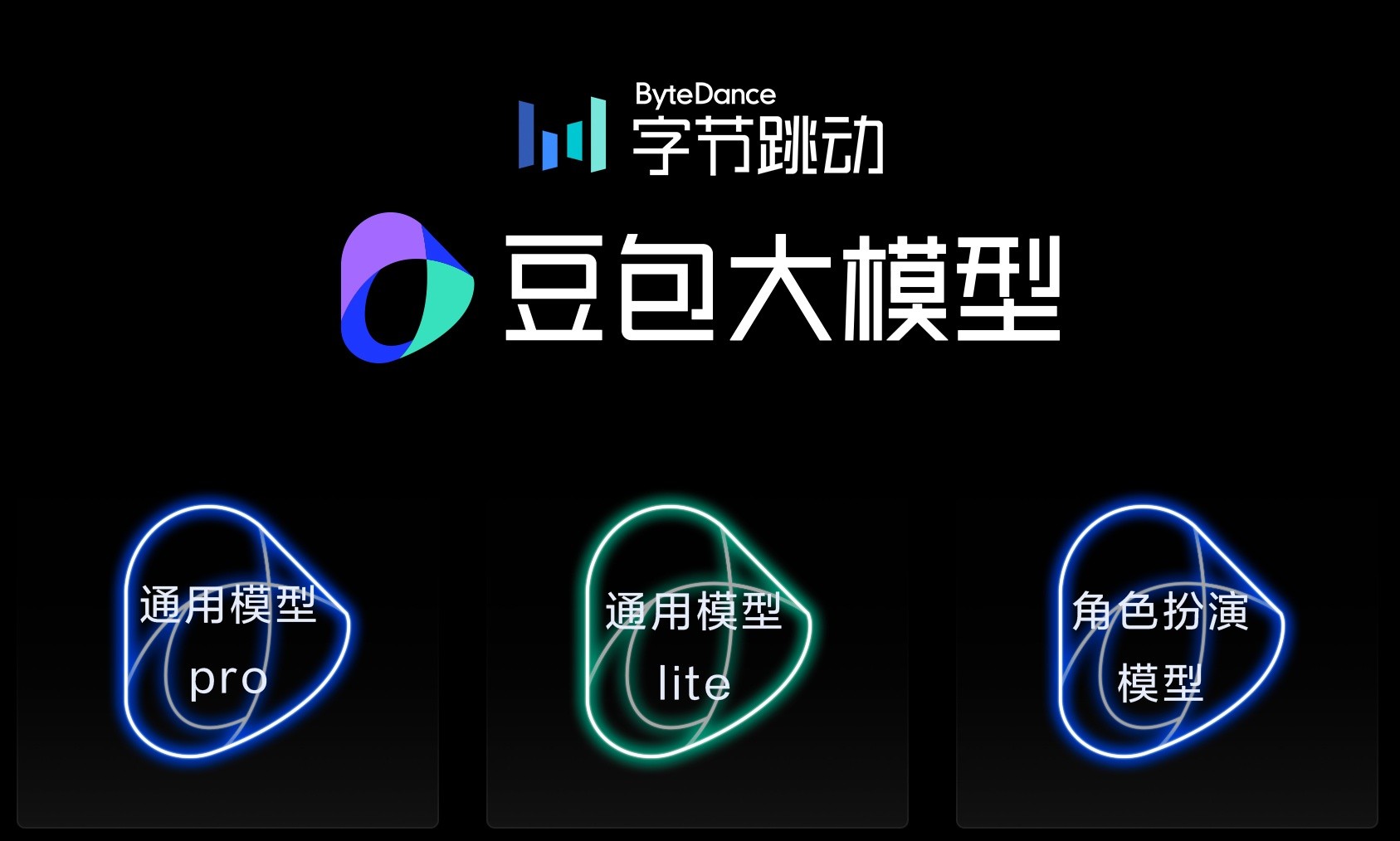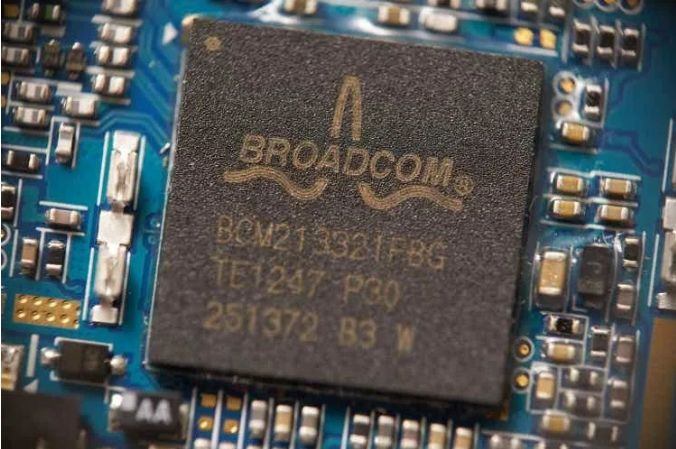ByteDance Denies Coorperation with TSMC on AI Chip Manufacture
Foreign media reported that ByteDance plans to cooperate with TSMC to begin mass production of its two self-developed AI chips based on the 5nm process by 2026, but ByteDance officials responded that the report was untrue.
Reports from foreign media indicate that ByteDance plans to collaborate with TSMC to begin mass production of two self-developed AI chips based on 5nm technology by 2026, potentially ordering hundreds of thousands of chips.
These two chips are designed for model training and inference, respectively. The "training chip" is used to accelerate the computation of large datasets required for building AI models, while the "inference chip" is used to speed up prediction and decision-making processes based on the models. These chips are currently still in the design phase, with performance comparable to NVIDIA's upcoming Blackwell architecture chips.
According to insiders, by producing its own developed chips, ByteDance can reduce its reliance on NVIDIA GPUs, significantly lowering the high chip procurement costs associated with AI model development and operation, and surpassing its competitors in the Chinese AI chatbot market.
On September 18, ByteDance officially responded, stating that the report is inaccurate. The company indicated that it is indeed exploring the chip sector to a certain extent, but it remains in the early stages, primarily focusing on cost optimization for businesses such as recommendations and advertising, and all projects fully comply with relevant trade regulations.

With the development of China's AI industry, competition among domestic AI developers is brewing.
Last June, ByteDance launched its first AI chatbot "Doubao," offering text and image generation capabilities similar to OpenAI's ChatGPT, and briefly became a strong competitor to Baidu's "Ernie". Statistics show that "Doubao" surpassed "Ernie" in iOS downloads and monthly active users in mainland China.
In May of this year, ByteDance successively launched a series of "Doubao" large language models aimed at enterprise clients. Thanks to its low development and production costs, its product pricing is nearly 99% lower than similar products from OpenAI, while the fiercely competitive AI market has birthed increasingly stringent price wars, with Chinese tech giants like Baidu and Alibaba significantly reducing their model prices by up to 97%.
Meanwhile, ByteDance's expenses for developing generative AI models have also been rising. This year, it has ordered over 200,000 NVIDIA H20 chips, with a total order value exceeding $2 billion, and is still waiting for NVIDIA to deliver the entire order.

For many years, ByteDance has been committed to the research and development of inference chips, while designing training chips is more difficult and costly.
According to insiders, ByteDance's chip design is largely driven by U.S. export restrictions (such as on key technologies like AI chips), and since the U.S. government may periodically update relevant provisions, the future supply of these chips may face compliance risks.
The H20 is the most advanced NVIDIA chip allowed for sale to China under U.S. export controls, with performance at a quarter of the H100 (NVIDIA's current top chip). Therefore, domestic manufacturers need to purchase more H20 to achieve equivalent computing power for a single cluster, which undoubtedly increases costs.
In this context, it is crucial for ByteDance to reduce chip costs. ByteDance's chip R&D work follows the practices of companies like Google, Amazon, and Microsoft in recent years, aiming to decrease reliance on NVIDIA chips in developing and running AI models. Some companies have also provided self-designed chips as alternatives to NVIDIA chips for their cloud computing service clients.
According to the latest plans, if ByteDance's self-developed chips are successfully deployed, it could save billions of dollars in expenses, and the company hopes the chip cluster can achieve four times the computing performance of a single H100 at the same cost. It is understood that the price of H100 chips can reach up to $30,000.

In June of this year, foreign media reported that ByteDance is working with Broadcom to develop a 5nm ASIC chip that will comply with U.S. export regulations, with TSMC responsible for production. Although the design work is progressing smoothly, the "tape-out" process has yet to begin. Subsequently, ByteDance denied rumors of collaboration with Broadcom.
Last year, ByteDance also acquired Huawei's Ascend 910B chip.
In the journey of developing self-developed AI chips, ByteDance is not a solitary player. In recent years, domestic internet giants like Tencent, Baidu, and Alibaba have increased their investments in the AI chip field. It is reported that Baidu's self-developed AI chip "Kunlun 3" has entered the final design stage and is about to be handed over to TSMC for production.
·Original
Disclaimer: The views in this article are from the original Creator and do not represent the views or position of Hawk Insight. The content of the article is for reference, communication and learning only, and does not constitute investment advice. If it involves copyright issues, please contact us for deletion.